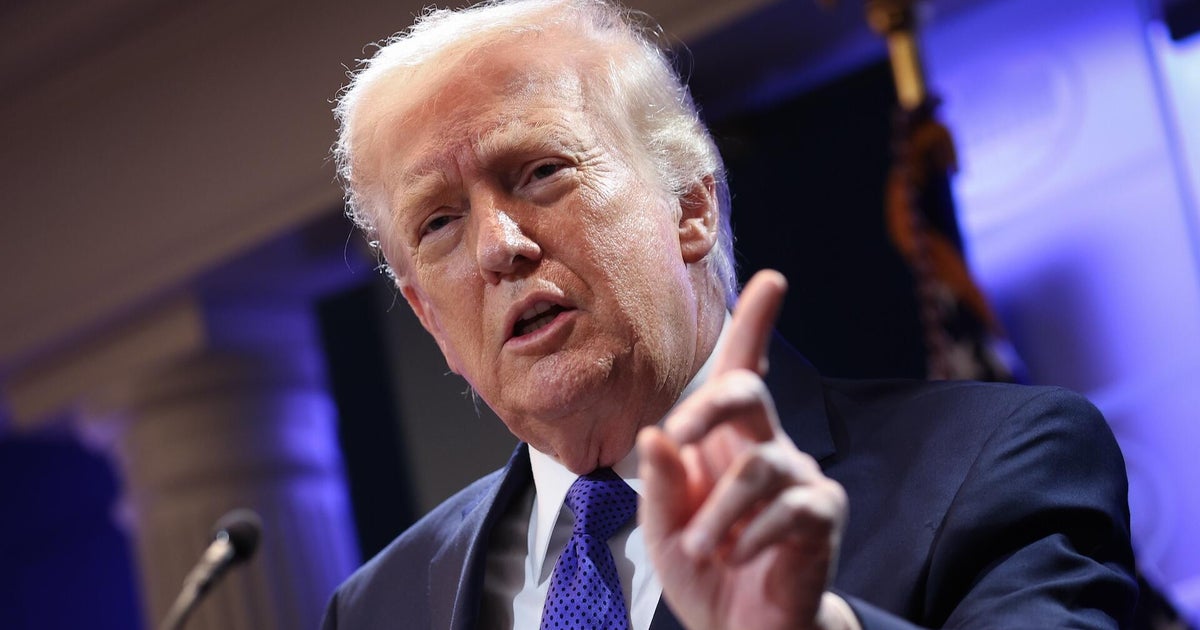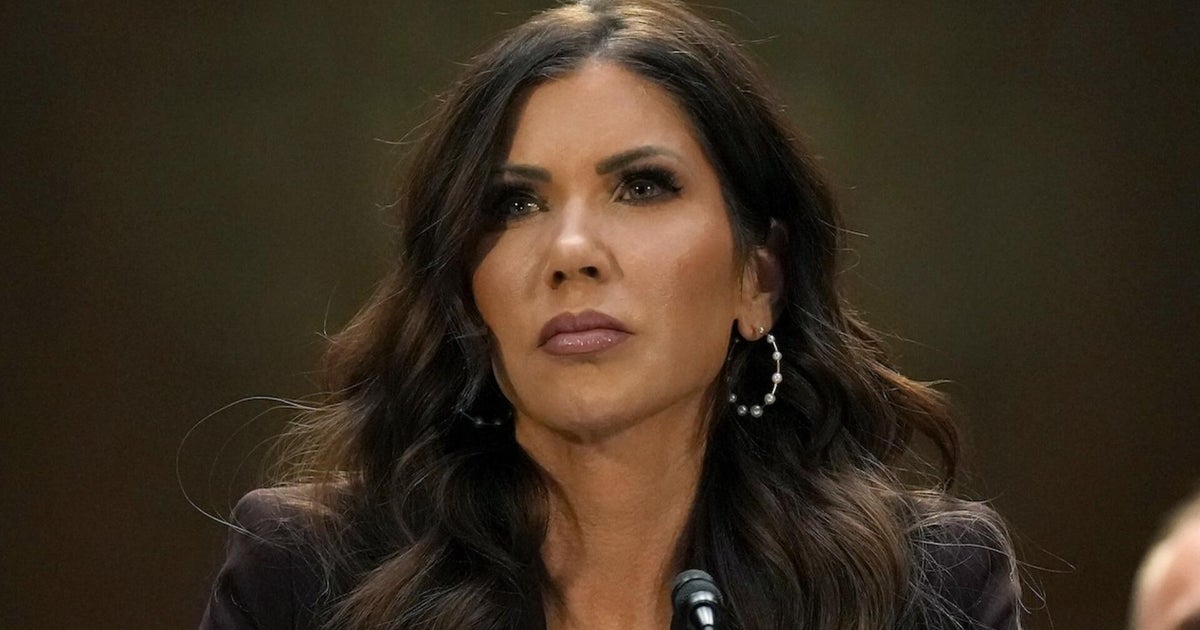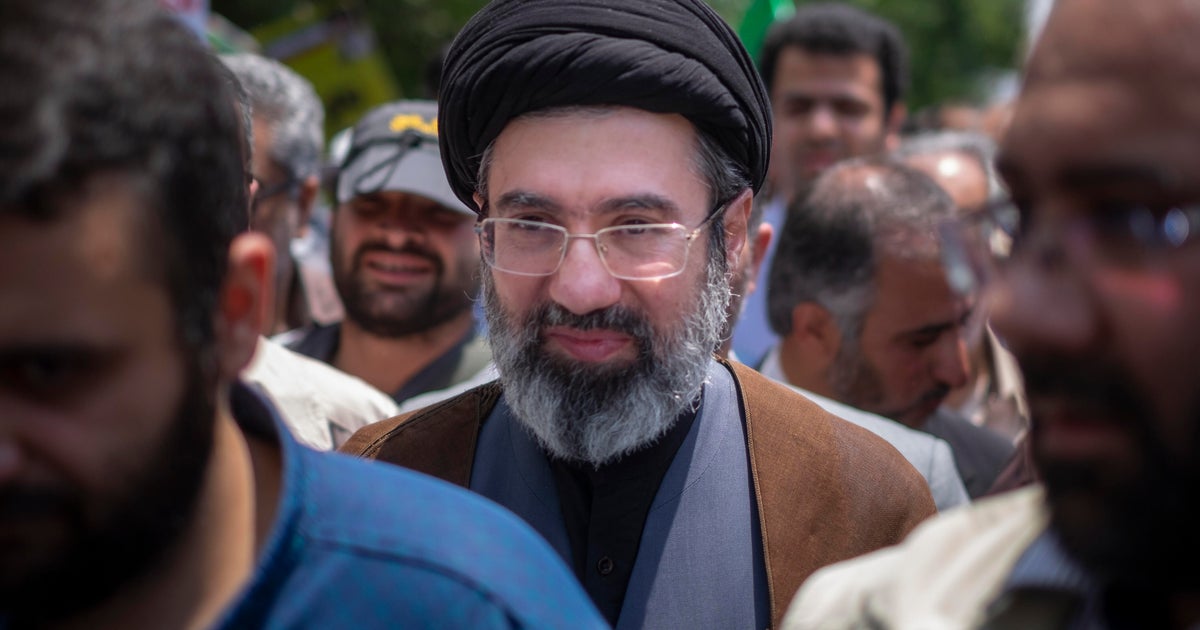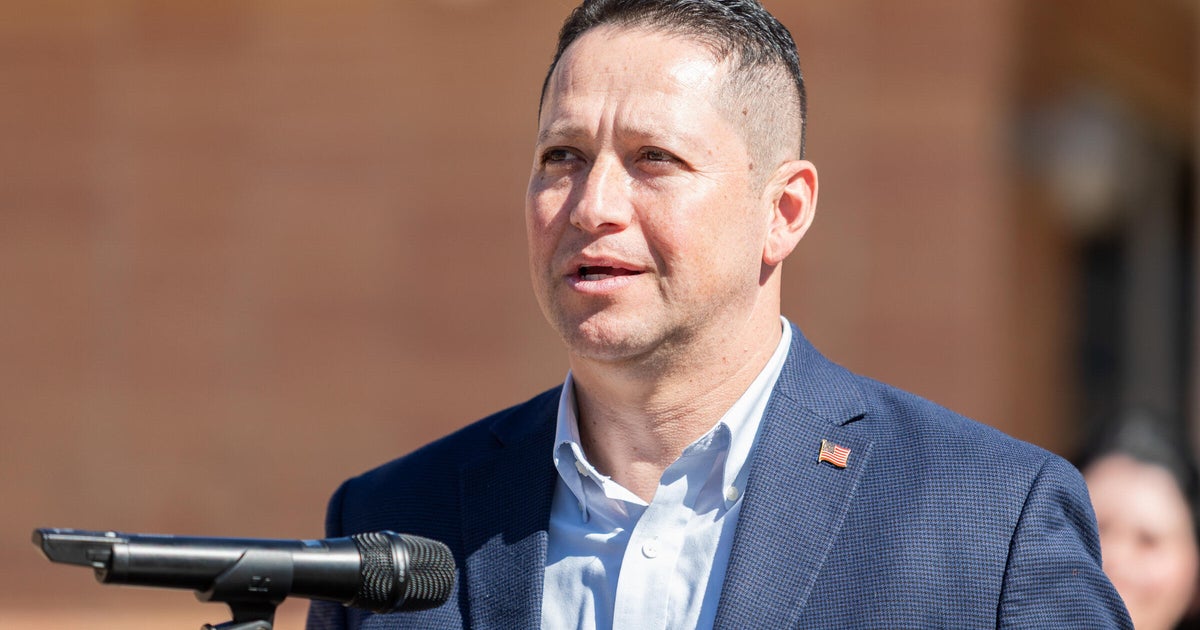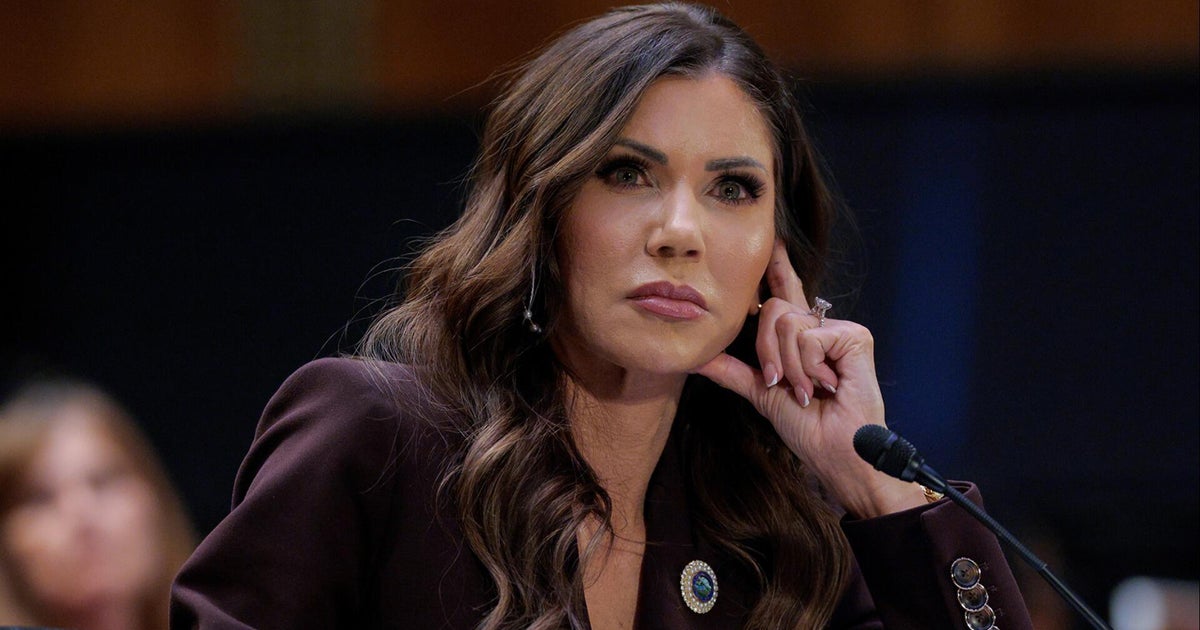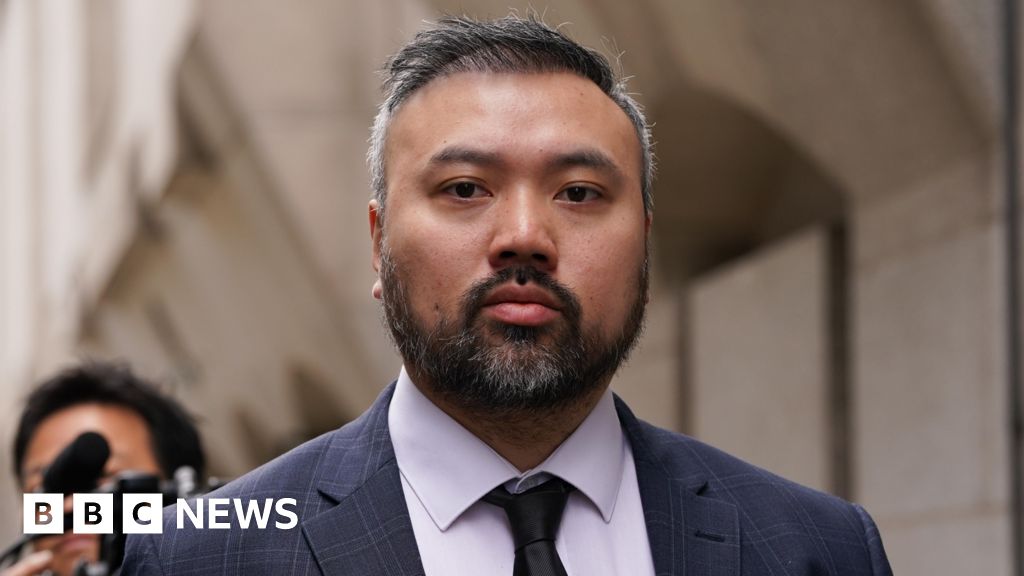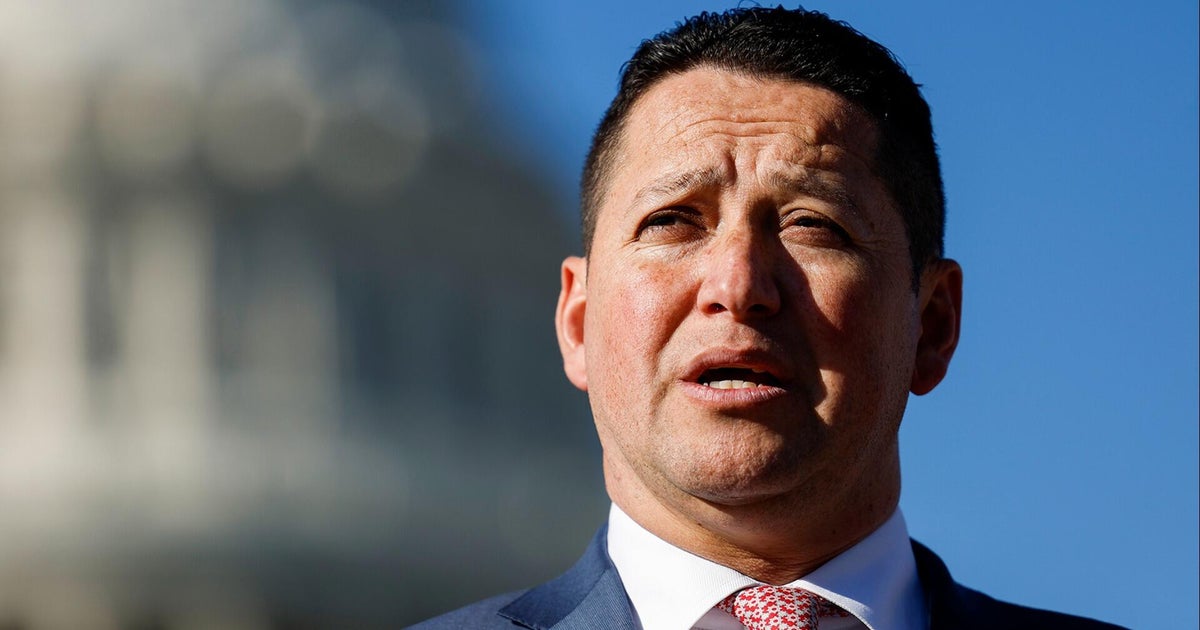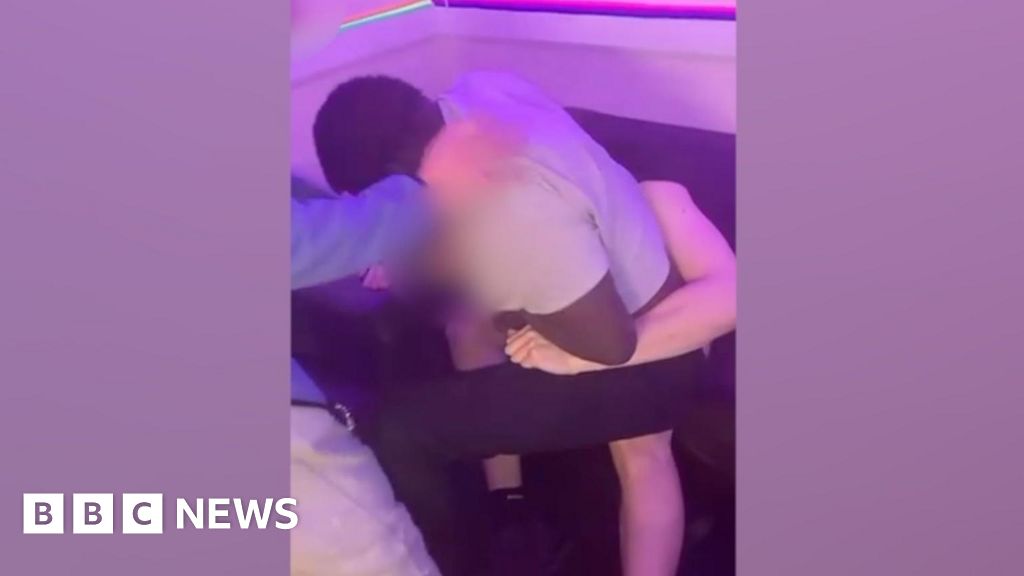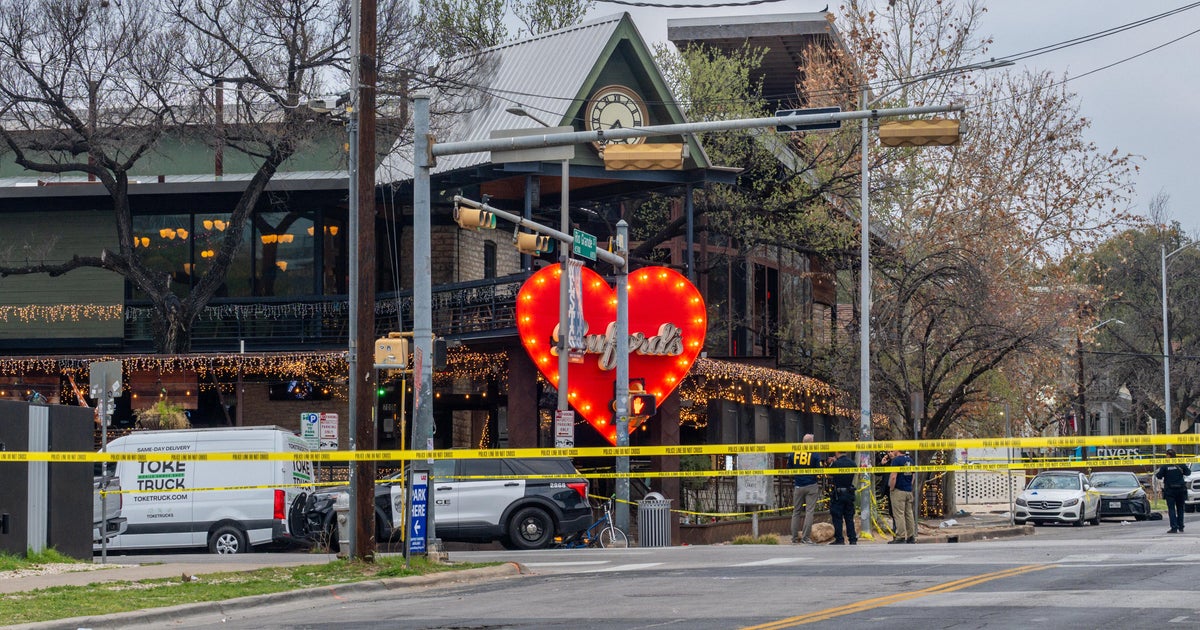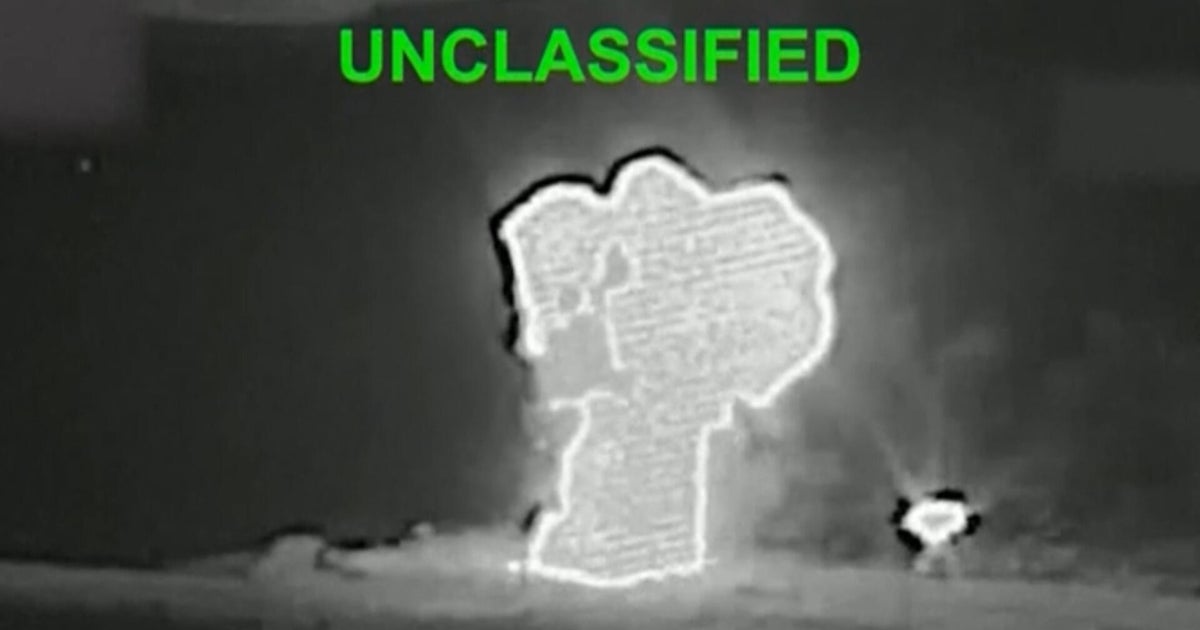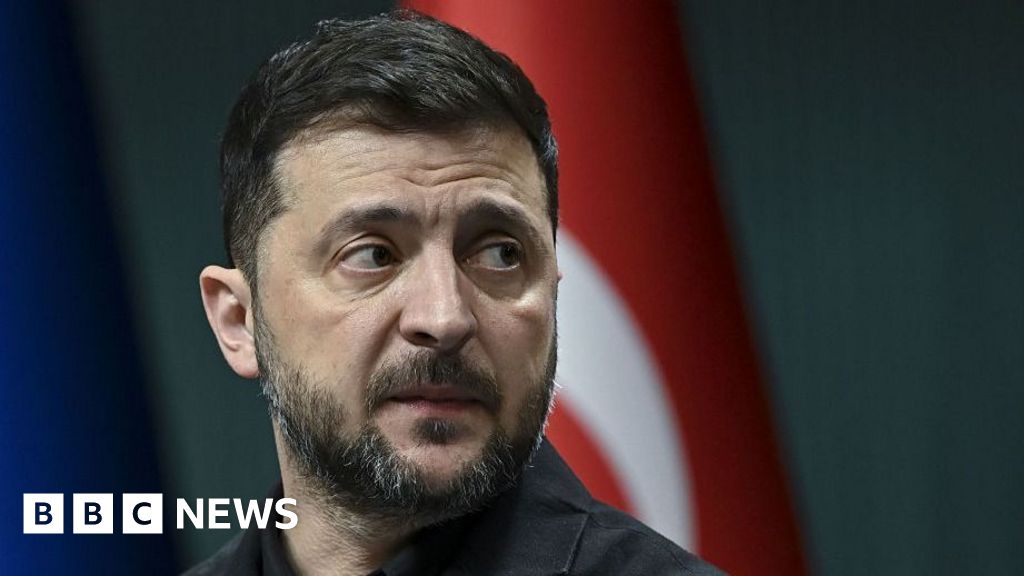How to stop neo-Nazis forming a political party: This involves you, Albanese
We’re sorry, this feature is currently unavailable. We’re working to restore it. Please try again later.
Opinion
November 16, 2025 — 1.30pm
November 16, 2025 — 1.30pm
What to do about the neo-Nazis, not only their blatantly racist and menacing protests but – perhaps more frightening – their apparent plan to form a political party with an explicitly anti-democratic and hate-based platform.
Our current protest laws are broadly fit for purpose: they allow the police to protect public safety while allowing legitimate political protests.

The National Socialist Network rally outside the NSW parliament on November 8. Credit: Flavio Brancaleone
Police could have – and should have – done more to challenge the protest outside NSW’s Parliament House this month. This could have involved seeking an order that the protests were prohibited, and hence not protected from charges being brought under the Summary Offences Act. Or it could have involved more robust use of their powers to move on protesters once the threat of intimidation became clear.
But the current law gave them the power to balance rights to protect with legitimate public safety and public interest concerns.
Our party registration laws, in contrast, do little to restrict the formation of extremist parties with a hate-based political platform. Instead, they are largely procedural laws that require parties to adopt a constitution, sign up sufficient members and avoid using offensive or misleading words and symbols.
It is therefore urgent that we revisit these laws and give Commonwealth and state electoral commissions express power to ban parties that espouse racial hate and vilification as founding policies and values.
Loading
After all, their young leader in NSW, Jack Eltis, has declared in his PowerPoint slides: “We want to deport all Third-World immigrants and Jews as well, regardless of how they feel about that.” Elsewhere, he has extended that to all non-whites.
These are parties whose defining purpose is to undermine democracy itself. Democracy is first and foremost a system of collective self-government among free and equal citizens. And you cannot have that if some citizens are allowed to intimidate, demean or threaten others - or even threaten to expel from the polity.
Allowing parties with these values or aims to run – and possibly even win a seat at the table of government – therefore has the potential to destroy or, if not, white-ant democracy from within.
We should likewise do more to regulate foreign influence in our civic life, not just in the funding of political parties. Neo-Nazis may be a fact of social life, even if we do not allow them to exist as political parties or legal entities. But this does not mean we should allow them access to extra cash from fellow travellers overseas. In fact, we should be doing the exact opposite – and investing public funds in policies aimed at effective deradicalisation.
Loading
Of course, it is not always easy to tell what parties are going to do once registered, or their true aims even at the time they are created. Party-banning powers of this kind should therefore extend to the power to deregister parties that incite racial hatred as well as to ban those that propose to do so.
At the same time, they should be carefully designed to avoid over-reach – and the abuse of these powers by governments seeking to discredit political opponents. Just ask voters in Thailand or Rwanda how party bans have gone along with a march to autocracy.
Safeguards of this kind are also what the Constitution requires for such laws to be valid. The Constitution contains broad protections for political communication and protest. It could likewise be said to protect competition among a range of political parties.
This means that laws limiting protest, or party registration, must be narrowly tailored to their aims of preventing democratic erosion. And they must include a range of safeguards, including close judicial oversight.
Loading
But if this is done, laws of this kind can gain public support and withstand constitutional challenge and scrutiny.
People are therefore right to be asking hard questions of the NSW premier and the prime minister – but not only about the events outside the NSW parliament. Rather, our main question to our political leaders should be about what they intend to do to reform our electoral laws to protect our democracy for the future.
Rosalind Dixon is Anthony Mason Professor and Scientia Professor of Law at UNSW Sydney. She is also co-director of UNSW’s new Resilient Democracy Lab.
Most Viewed in National
Loading

